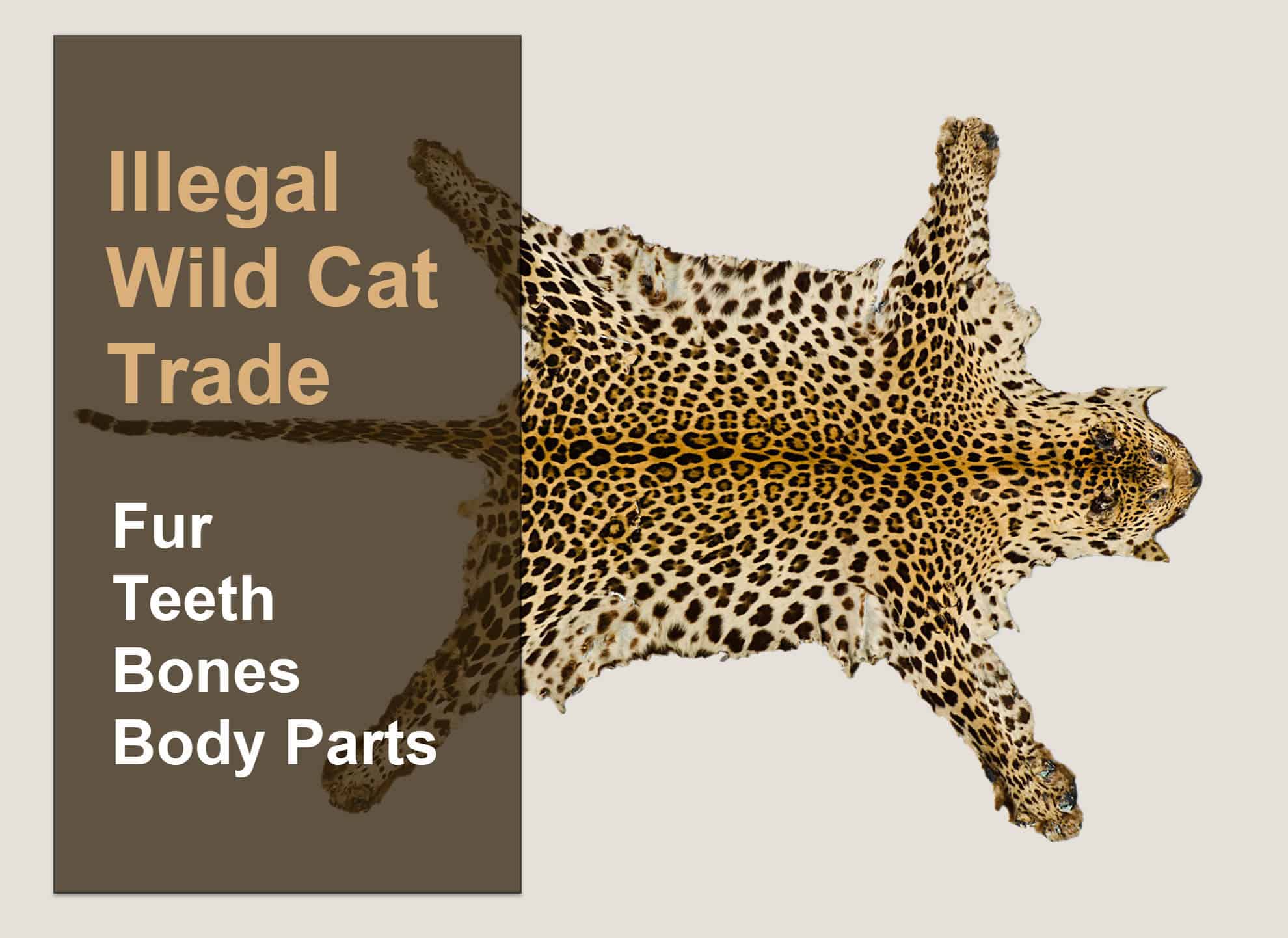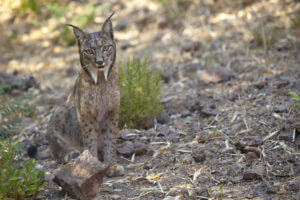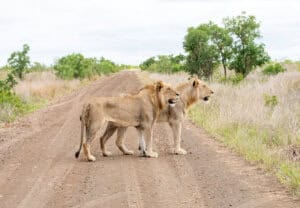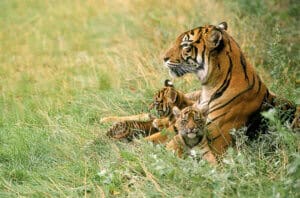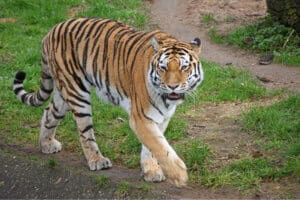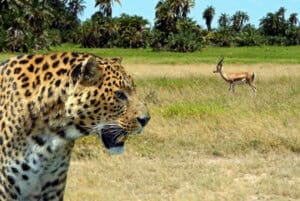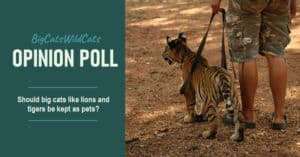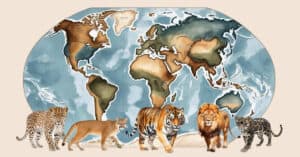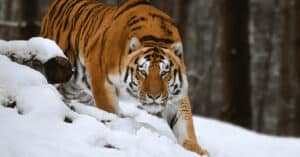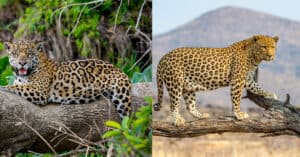The illegal wild cat trade involves the unlawful capture, sale, and transport of wild cats like tigers, leopards, jaguars, and cheetahs for profit. These animals are often taken from their natural habitats to be sold as exotic pets, used for their fur, bones, or other body parts, or exploited in entertainment like circuses. Poachers and traffickers target these species because of high demand in black markets, particularly in regions like Asia, where parts are used in traditional medicine or as status symbols.
(Note: A black market is an illegal marketplace where goods or services, like rare animals or their parts, are bought and sold in violation of laws or regulations. It often operates secretly to avoid detection by authorities.)
This trade threatens the survival of these cats, many of which are already endangered, and disrupts ecosystems. It’s driven by greed, with little regard for the animals’ welfare or the environmental consequences.
To combat this, various organizations are working to protect wild cats and stop the trade. International bodies, such as CITES (the Convention on International Trade in Endangered Species), enforce global regulations to restrict the trade of endangered species and their parts. Law enforcement agencies collaborate across countries to bust trafficking networks, while sanctuaries and rehabilitation centers rescue and care for animals seized from smugglers.
Here is a list of organizations involved in monitoring poaching and groups working on solutions to illegal trade.

